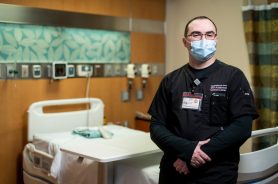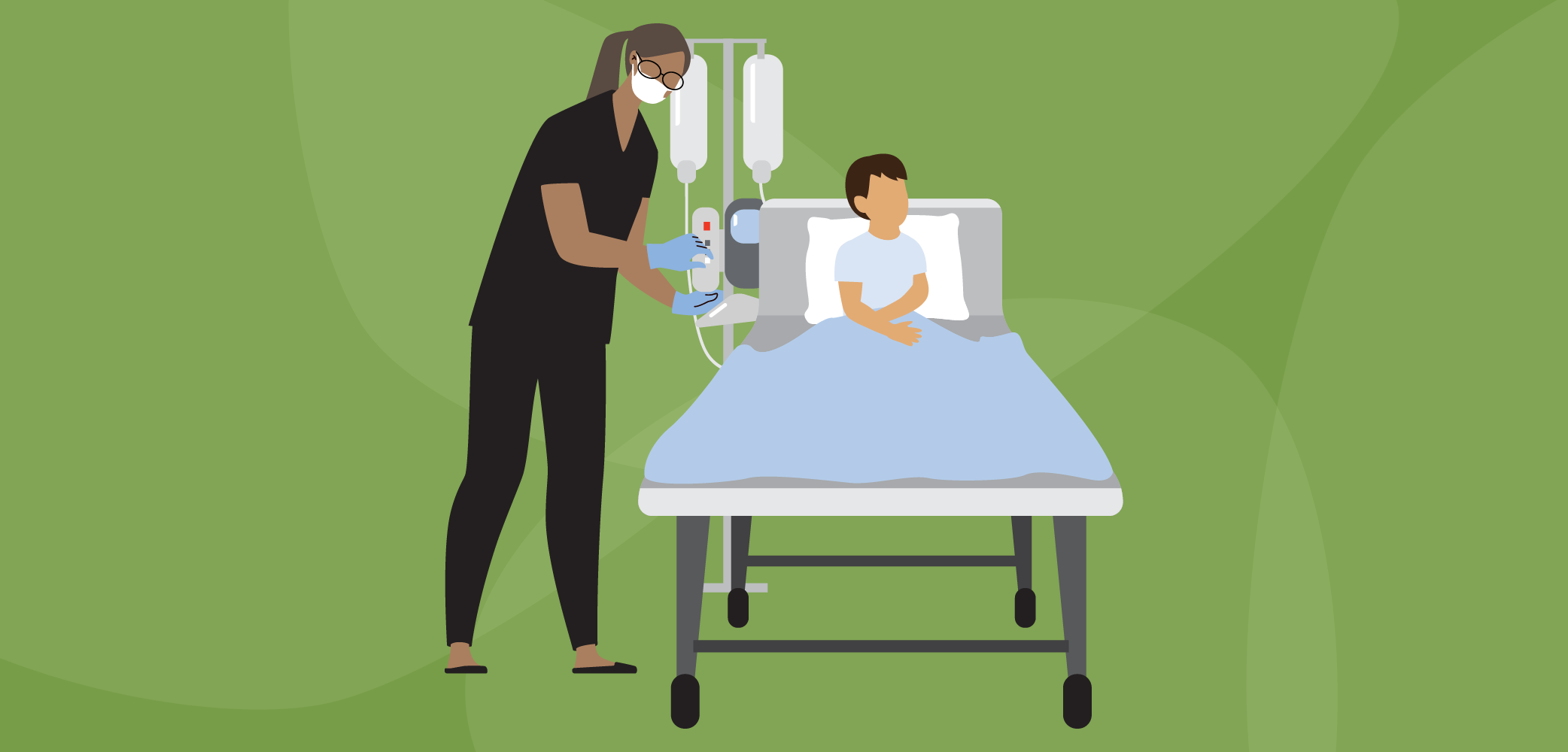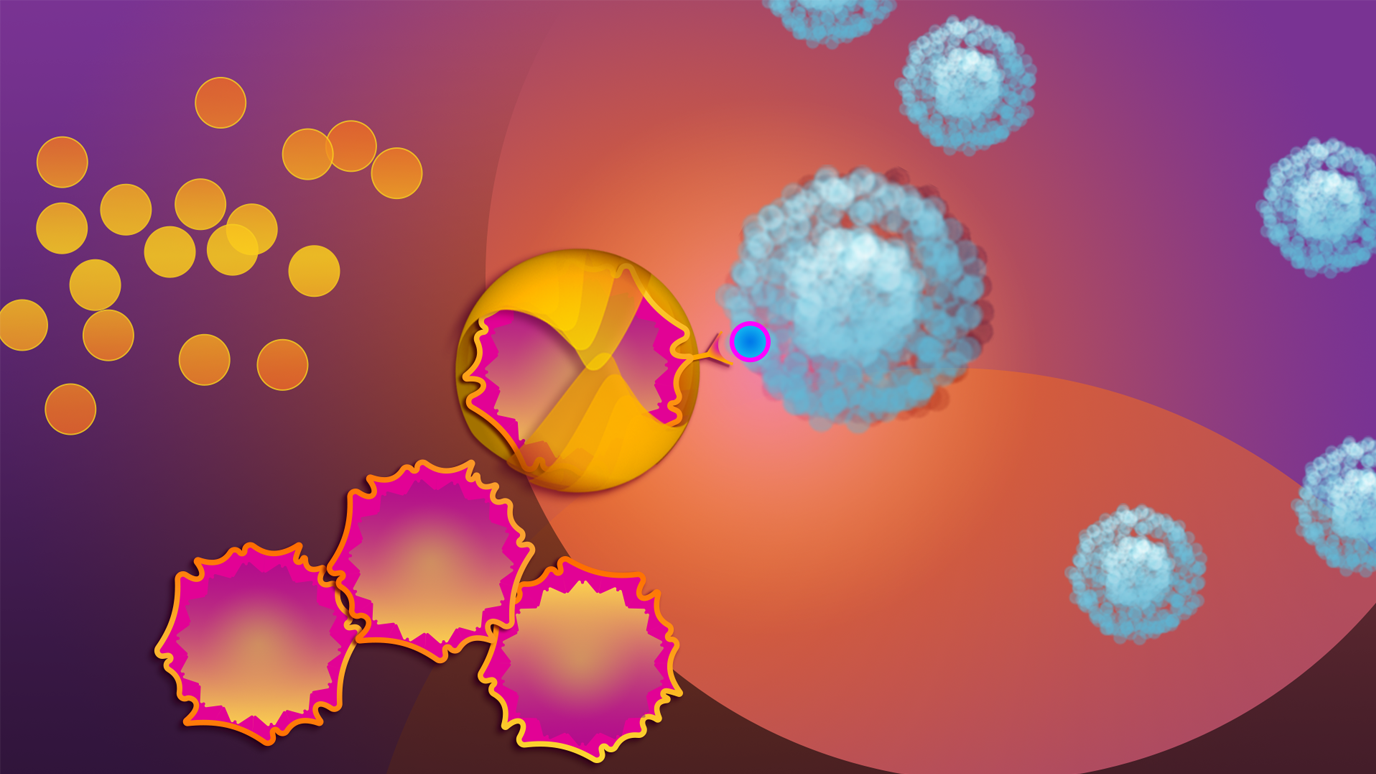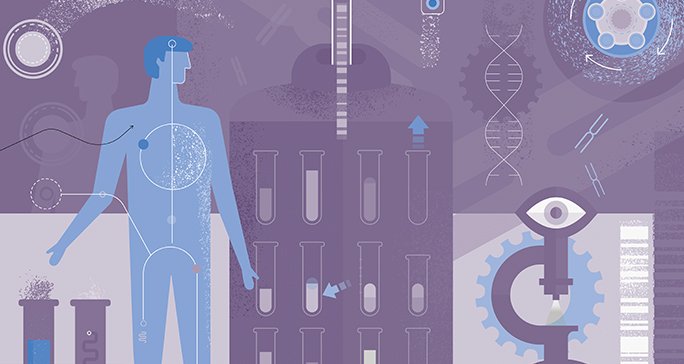- Diseases
- Acoustic Neuroma (14)
- Adrenal Gland Tumor (24)
- Anal Cancer (68)
- Anemia (2)
- Appendix Cancer (16)
- Bile Duct Cancer (26)
- Bladder Cancer (72)
- Brain Metastases (28)
- Brain Tumor (232)
- Breast Cancer (714)
- Breast Implant-Associated Anaplastic Large Cell Lymphoma (2)
- Cancer of Unknown Primary (4)
- Carcinoid Tumor (8)
- Cervical Cancer (158)
- Colon Cancer (166)
- Colorectal Cancer (116)
- Endocrine Tumor (4)
- Esophageal Cancer (44)
- Eye Cancer (36)
- Fallopian Tube Cancer (8)
- Germ Cell Tumor (4)
- Gestational Trophoblastic Disease (2)
- Head and Neck Cancer (12)
- Kidney Cancer (128)
- Leukemia (342)
- Liver Cancer (50)
- Lung Cancer (286)
- Lymphoma (278)
- Mesothelioma (14)
- Metastasis (30)
- Multiple Myeloma (100)
- Myelodysplastic Syndrome (60)
- Myeloproliferative Neoplasm (4)
- Neuroendocrine Tumors (16)
- Oral Cancer (100)
- Ovarian Cancer (172)
- Pancreatic Cancer (160)
- Parathyroid Disease (2)
- Penile Cancer (14)
- Pituitary Tumor (6)
- Prostate Cancer (146)
- Rectal Cancer (58)
- Renal Medullary Carcinoma (6)
- Salivary Gland Cancer (14)
- Sarcoma (238)
- Skin Cancer (296)
- Skull Base Tumors (56)
- Spinal Tumor (12)
- Stomach Cancer (64)
- Testicular Cancer (28)
- Throat Cancer (92)
- Thymoma (6)
- Thyroid Cancer (96)
- Tonsil Cancer (30)
- Uterine Cancer (80)
- Vaginal Cancer (16)
- Vulvar Cancer (20)
- Cancer Topic
- Adolescent and Young Adult Cancer Issues (20)
- Advance Care Planning (10)
- Biostatistics (2)
- Blood Donation (18)
- Bone Health (8)
- COVID-19 (362)
- Cancer Recurrence (120)
- Childhood Cancer Issues (120)
- Clinical Trials (630)
- Complementary Integrative Medicine (22)
- Cytogenetics (2)
- DNA Methylation (4)
- Diagnosis (232)
- Epigenetics (6)
- Fertility (62)
- Follow-up Guidelines (2)
- Health Disparities (14)
- Hereditary Cancer Syndromes (126)
- Immunology (18)
- Li-Fraumeni Syndrome (8)
- Mental Health (116)
- Molecular Diagnostics (8)
- Pain Management (62)
- Palliative Care (8)
- Pathology (10)
- Physical Therapy (18)
- Pregnancy (18)
- Prevention (914)
- Research (392)
- Second Opinion (74)
- Sexuality (16)
- Side Effects (604)
- Sleep Disorders (10)
- Stem Cell Transplantation Cellular Therapy (216)
- Support (402)
- Survivorship (320)
- Symptoms (182)
- Treatment (1786)
Helping cancer patients navigate CAR T cell therapy
2 minute read | Published December 12, 2022
Medically Reviewed | Last reviewed by an MD Anderson Cancer Center medical professional on December 12, 2022
Jeremiah Bergeron pays close attention to detail. As a nurse caring for hospital patients receiving CAR T cell therapy, Bergeron monitors each of his lymphoma and myeloma patients for subtle changes that could signal serious side effects.
Since MD Anderson launched its first CAR T clinical trial in 2015, this revolutionary type of immunotherapy has shown great success. In some cases, it has eliminated all signs of disease, essentially curing patients’ cancer. But it also has unique side effects, which can be life-threatening if not managed well. Bergeron has learned to identify and intervene early to help patients reverse these effects.
“It’s exciting and scary at the same time,” he explains. “Everyone responds to CAR T cell therapy differently – while some have no side effects, others may experience neurotoxicity or cytokine release syndrome, which can be as mild as a low-grade fever or as severe as multi-organ failure. Frequent checks of vital signs and neurological assessments are key to keeping patients safe.”
Finding meaning in connections with patients undergoing CAR T cell therapy
Bergeron describes his role as helping patients weather the storm of CAR T cell therapy, and he says it’s all worth it when patients see the remarkable outcomes. He especially enjoys hearing each patient’s unique story, as some have just been diagnosed with cancer and others are trying CAR T cell therapy because all other treatments have failed.
“I learn so much from our patients. They all have different life experiences and goals,” he says. “Some patients are looking forward to meeting their first grandchild, while others are just starting their families. Their perseverance inspires me and gives my work meaning.”
A CAR T cell therapy milestone
Bergeron also finds meaning in the role he’s played in helping the institution reach a historic milestone in August 2022, when MD Anderson treated our 1,000th patient with immune effector cell therapy, which includes CAR T, CAR natural killer and T cell receptor cell therapies. Bergeron is proud to work with a multidisciplinary team to care for about 100 of those patients, ensuring patient safety and optimum outcomes.
“The amount of teamwork and collaboration is unique to MD Anderson and helps us provide the safest care possible,” he says. “I became a nurse to help people, and I’m honored to be part of a team that’s transforming cancer care and giving hope to people around the world.”
Read what MD Anderson’s experts have learned since we launched our first CAR T cell therapy clinical trial in 2015.
Request an appointment at MD Anderson online or by calling 1-844-266-7076.
Related Cancerwise Stories

I’m honored to be part of a team that’s transforming cancer care and giving hope to people around the world.
Jeremiah Bergeron
Clinical Nurse





